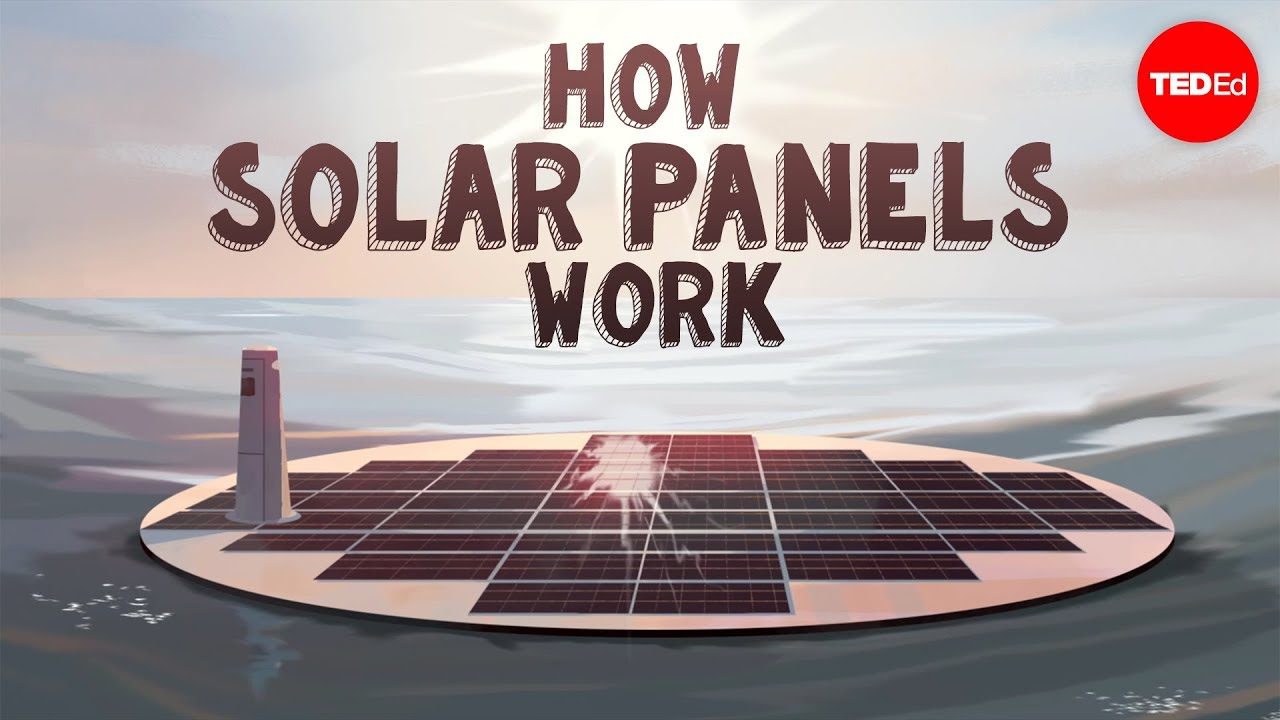
In recent years, the global focus on sustainable and renewable energy sources has led to a revolution in the way we think about powering our world. One of the key players in this revolution is the widespread adoption of solar panels as a clean and efficient energy solution. The role of solar panels in modern energy solutions cannot be understated, as they offer a multitude of benefits that are shaping the future of energy production and consumption.
One of the most significant advantages of solar panels is their ability to harness the power of the sun and convert it into electricity. This renewable energy source is abundant and freely available, making it a sustainable alternative to fossil fuels. Additionally, solar panels produce clean energy, reducing harmful emissions and mitigating the impact of climate change.
Advancements in solar panel technology have significantly increased their efficiency, making them a cost-effective solution for both residential and commercial applications. The initial investment in solar panels is offset by long-term savings on energy bills, making them a wise financial choice for many consumers.
The environmental benefits of solar panels are profound. By reducing reliance on non-renewable energy sources, solar panels help to lower carbon emissions and decrease air pollution. This shift towards clean energy is essential in combating the effects of climate change and preserving the planet for future generations.
As the world continues to grapple with the challenges of energy security and environmental sustainability, solar panels are emerging as a crucial component of the solution. Their versatility and scalability make them an ideal choice for a wide range of applications, from powering individual homes to supplying electricity to entire communities.
One of the key advantages of solar panels is their ability to decentralize energy production. By generating electricity at the point of consumption, solar panels reduce the need for long-distance transmission lines and minimize energy loss. This localized approach to energy production enhances grid resilience and promotes energy independence.
Solar panels have the potential to empower communities by providing access to clean and reliable energy. In rural and underserved areas, solar panels can serve as a lifeline, enabling economic development, improving healthcare services, and enhancing overall quality of life. By democratizing energy production, solar panels are driving social change and fostering sustainable development.
As technology continues to advance, the potential of solar panels in modern energy solutions is only beginning to be realized. Innovations in materials, design, and storage are making solar panels more efficient and affordable than ever before. With continued research and investment, solar panels have the capacity to revolutionize the way we power our world.
One of the exciting developments in the energy sector is the integration of solar panels with smart grids. By combining renewable energy sources with advanced grid technologies, we can create a more resilient and responsive energy system. This integration enables better management of energy flows, enhances grid stability, and maximizes the potential of solar panels to meet the growing demand for clean energy.
Another area of innovation in solar panel technology is energy storage. Advances in battery technology are enabling us to store excess energy generated by solar panels for use during periods of low sunlight or high demand. Energy storage solutions are critical for ensuring a reliable and consistent power supply from solar panels, further solidifying their role in modern energy solutions.
In conclusion, the role of solar panels in modern energy solutions is paramount to the transition towards a sustainable and resilient energy future. Their environmental benefits, cost-effectiveness, and potential for innovation make them a cornerstone of the clean energy revolution. By harnessing the power of the sun, solar panels are not only transforming the way we generate electricity but also paving the way for a more sustainable and prosperous world.